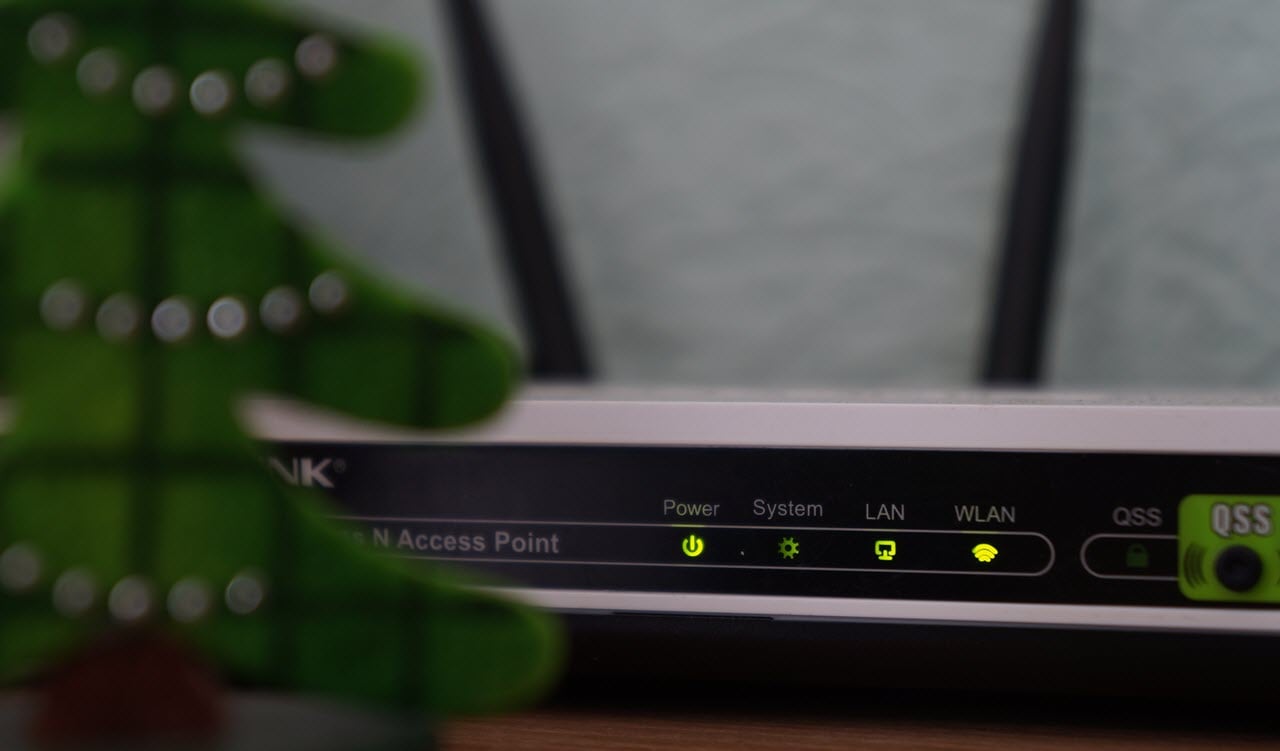In the wake of a booster failure that forced a Russian Soyuz spacecraft to make an emergency landing last week, astronauts aboard the International Space Station (ISS) were worried whether their space launch would be cancelled.
Last week, the Soyuz MS-10 launched from the Baikonur Cosmodrome in Kazakhstan with Russian Cosmonaut Alexey Ovchinin and US astronaut Nick Hague onboard, made an emergency landing in Kazakhstan after their rocket malfunctioned.
According to NASA, there was an “issue with the booster” and the crew returned to Earth in a ballistic descent mode, which is a sharper angle of descent compared to normal.
Also read: How is life at the International Space Station: Experience it in 360-degree
Ovchinin and Hague safely returned to Earth in a jettisoned escape capsule.
The incident became the first failure of a manned space launch in modern Russian history.
The International Space Station (ISS) has enough supplies of food, water and life-supporting materials until the next summer, mission control head of the ISS Russian segment Vladimir Solovyov said Sunday.
Solovyov, also a cosmonaut, made the remarks at a lecture at the Moscow State University, after a Russian spacecraft failed to deliver new crew and materials to the station, according to TASS news agency.
“What cosmonauts and astronauts are afraid of is the cancellation of their space launch,” Sergei Prokopyev, a Russian cosmonaut currently stationed aboard the ISS, was quoted as saying by the Sputnik news agency on Sunday.

Russia then suspended manned space missions and is investigating the cause of the incident. Russia’s Soyuz spacecraft is currently the only vehicle for spaceflights between the ISS and the Earth.
Russian cosmonaut Sergei Prokopyev, U.S. astronaut Serena Aunon-Chancellor and German astronaut Alexander Gerst are now working on the ISS.
They flew to the orbit taking Russia’s Soyuz MS-09 spacecraft that blasted off on June 6 and they are scheduled to stay on board the space station for 187 days.
A minor air leak was detected on Aug. 30 on the Soyuz MS-09 spaceship that is docked to the ISS. Astronauts on board patched up the leak on the next day.
The crash is being investigated by a special commission of Russia’s space agency Roscosmos. All manned launches from Baikonur Cosmodrome have been suspended until the commission reveals the causes of the failure.
Also read: SpaceX manned mission scheduled for June 2019; Boeing mission in August






